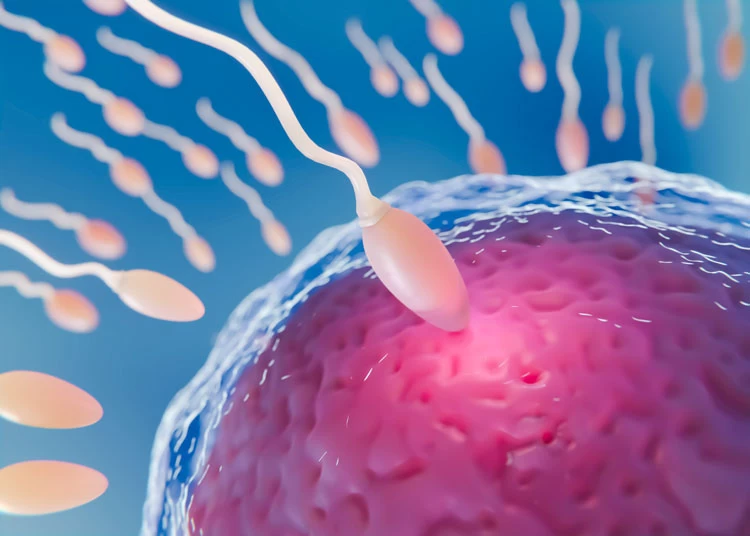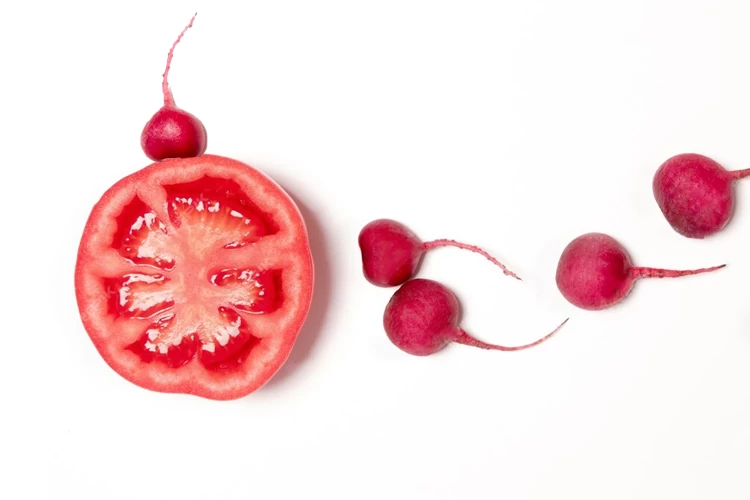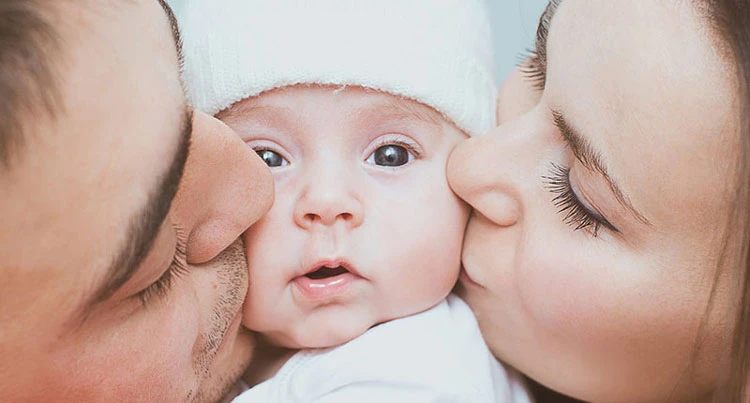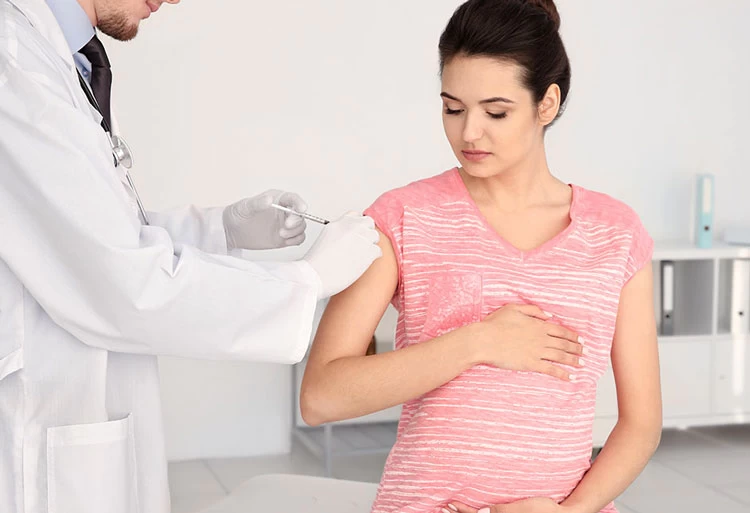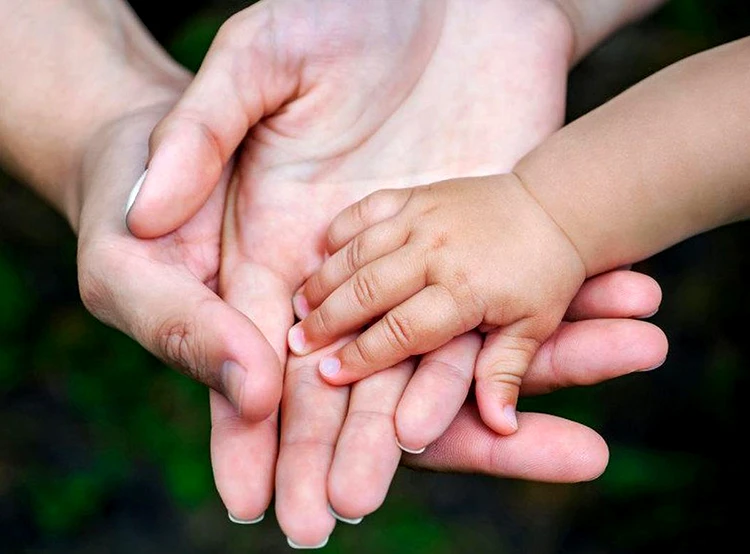Whether ovulation is done naturally or with medication, it has some common symptoms like mood swings, mucus changes, spotting, bloating, breast tenderness, changes in sex drive, and mild pelvic pain. Ovulation may take 12 to 48 hours, but you can try conceiving for up to 10 days after it happens.
Consuming a balanced diet rich in nutrient-dense foods can enhance egg quality and promote fertility in women. These beneficial foods encompass a variety of antioxidant-rich fruits and vegetables, including berries, pomegranate, spinach, broccoli, and bell peppers. Additionally, healthy fats such as salmon, avocado, walnuts, flaxseeds, and olive oil can improve egg quality and fertility.
IVF with donor egg helps women with poor egg quality, diminished ovarian reserve, endometriosis, and fallopian tube issues have children. Despite being extremely helpful, this treatment is costly, and many people cannot afford it. Iran, Turkey, and India are the cheapest IVF countries with donor eggs, respectively.
Many couples choose IVF with donor eggs to have children as this method has a high success rate, can be done along with PGT, and the baby will be biologically related to the father. However, IVF using donor eggs has some drawbacks, too, like high costs, high risk of transmitting genetic diseases, strict legal considerations, etc.
The placenta naturally produces HCG during pregnancy, but in some cases, it is urgent to receive it as an injection. This hormone improves sperm parameters, balances both male and female hormones, helps the egg follicles grow better, and regulates ovulation. Therefore, the chance of pregnancy increases drastically after getting 5,000 to 10,000 units of this hormone.
IVF with donor eggs can help women with diminished ovarian reserve and poor egg quality to get pregnant. This treatment initiates with screening the egg donor and ends with transferring the embryo into the uterus. If the intended mother has a uterus or fallopian tube problem as well, the couple can use the surrogacy method.
